Quick Links
While the way players fight in Dragon Age: The Veilguard has changed drastically, the overarching flow of combat has remained more or less the same. Buffs and debuffs still play a big part in battles, and you’ll want to know what each effect does if you want to make the most out of your builds.
Making proper use of status effects is going to be crucial if you’re playing the hardest difficulties in Dragon Age: The Veilguard. There are a lot of these effects, though, and if you want to know what they do, here’s a little cheat sheet to help you out.
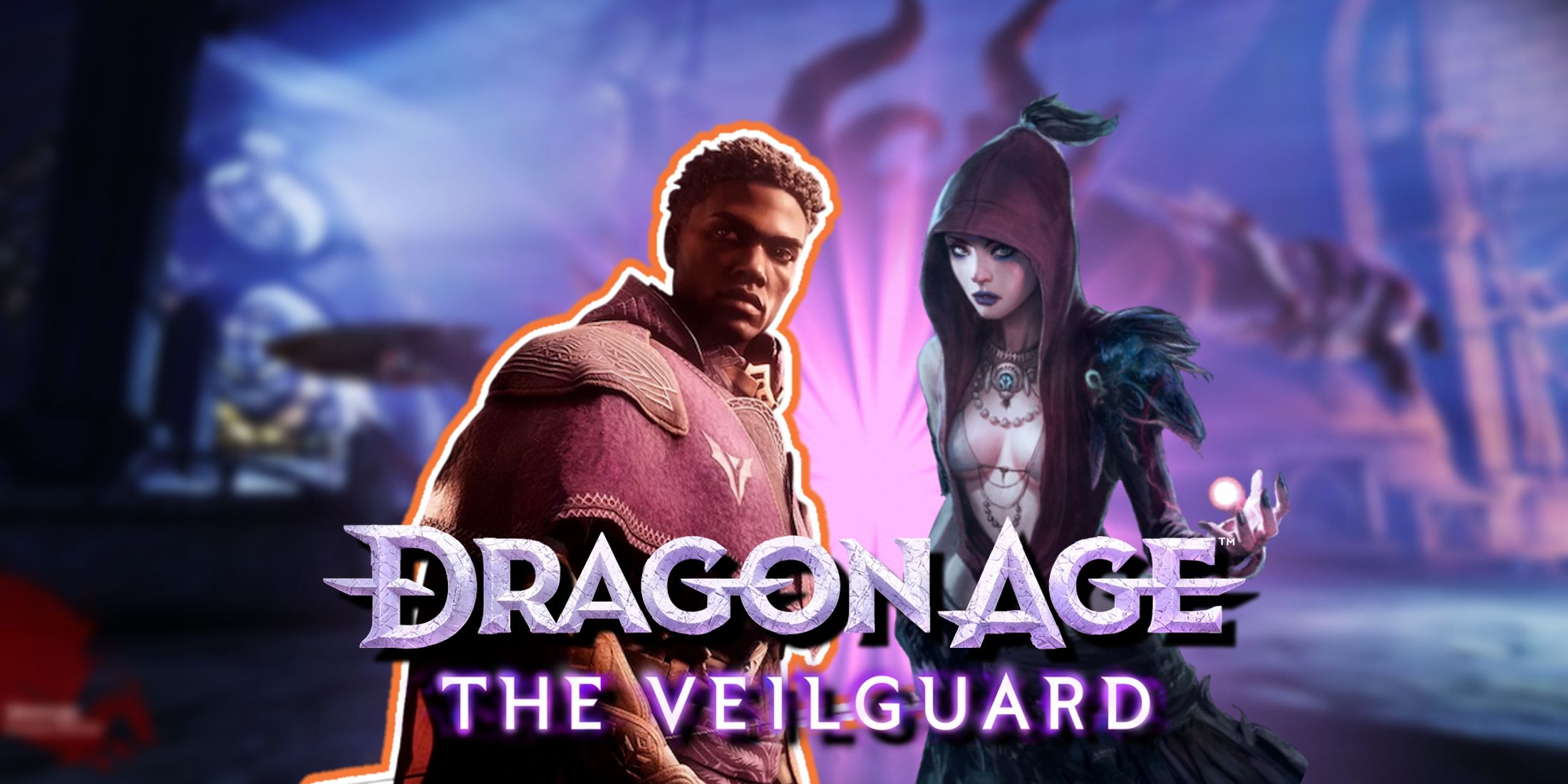
Related
Dragon Age: The Veilguard – 10 Best Reasons To Play If You Love Dragon Age: Origins
With its rich lore, classic storytelling, and innovative combat, Dragon Age: The Veilguard is a must-play for Origins fans.
All Negative Status Effects in Dragon Age: The Veilguard
Negative status effects (referred to as Afflictions in-game) work the same way as debuffs in other RPG games. They’ll either deal damage-over-time to an afflicted target, or hamper them in some way, like increasing the damage they take or slowing down their movement. These effects can also affect you and your party, and you may need to change your abilities if you want to use these effects to your advantage..
|
Name |
Effect |
|---|---|
|
Arcane Mark |
Turns into Arcane Bomb when enough damage has been dealt. Arcane Bomb is detonated by Heavy Attacks. |
|
Bees! |
Deals Physical damage over time to affected targets. |
|
Bleeding |
Deals Physical damage over time. Does more damage to red health (not protected by armor or barriers). |
|
Blighted |
Obtained by stepping on Darkspawn Blight pools. Blighted decreases the damage and resistances of allies. If enemies are Blighted, they deal more damage and have increased resistances. |
|
Burning |
Deals Fire damage over time. Does more damage to armor. |
|
Chilled |
Deals Cold damage over time. Slows affected target’s movement and attack speed. |
|
Frozen |
Renders targets unable to move or attack. |
|
Knocked Back |
Physically pushes targets back. |
|
Knocked Down |
Affected targets are forced into a prone state, rendering them immobile and harmless. |
|
Necrosis |
Deals Necrotic damage over time. Does more damage against barriers. |
|
Overwhelmed |
Affected targets take additional Stagger damage. |
|
Quietus |
Deals Necrotic damage over time. Unique to Emmerich. |
|
Shocked |
Targets receive damage and Stagger damage over time. |
|
Staggered |
Targets cannot attack or move, and they are vulnerable to Takedowns. |
|
Sundered |
Affected units take more damage from all sources. |
|
Vulnerable |
Targets have reduced damage resistances. |
|
Weakened |
Reduces the damage dealt by affected units. |
All Positive Status Effects in Dragon Age: The Veilguard
Positive status effects are referred to as Advantages in Dragon Age: The Veilguard. These are buffs that provide useful effects to you and your party. They’re great if you really want to min-max your damage, and if you’re facing a particularly difficult enemy on the game’s hardest difficulty, these will be necessary to give you the edge you need to win.
|
Name |
Effect |
|---|---|
|
Deflect |
Negates the damage of one incoming attack. |
|
Enhanced Damage |
Target deals more damage. |
|
Immovable |
Provides immunity to effects like Knocked Back or Knocked Down. |
|
Invulnerable |
Grants total damage immunity. |
|
Penetration |
Ignores a percentage of a target’s defenses. |
|
Precision |
The target’s next Charged or Final Attack is a guaranteed critical hit. |
|
Quickened |
Reduces cooldowns. |
|
Rallied |
Increases damage dealt by affected targets. |
|
Rejuvenation |
Gradually heals targets over time. |
|
Resistant |
Increases the target’s resistances to damage. |
|
Revival Charge |
If your health is depleted, you can return to life, consuming one Revival Charge. |
|
Taunt |
Taunted enemies are forced to attack whoever used Taunt on them. |
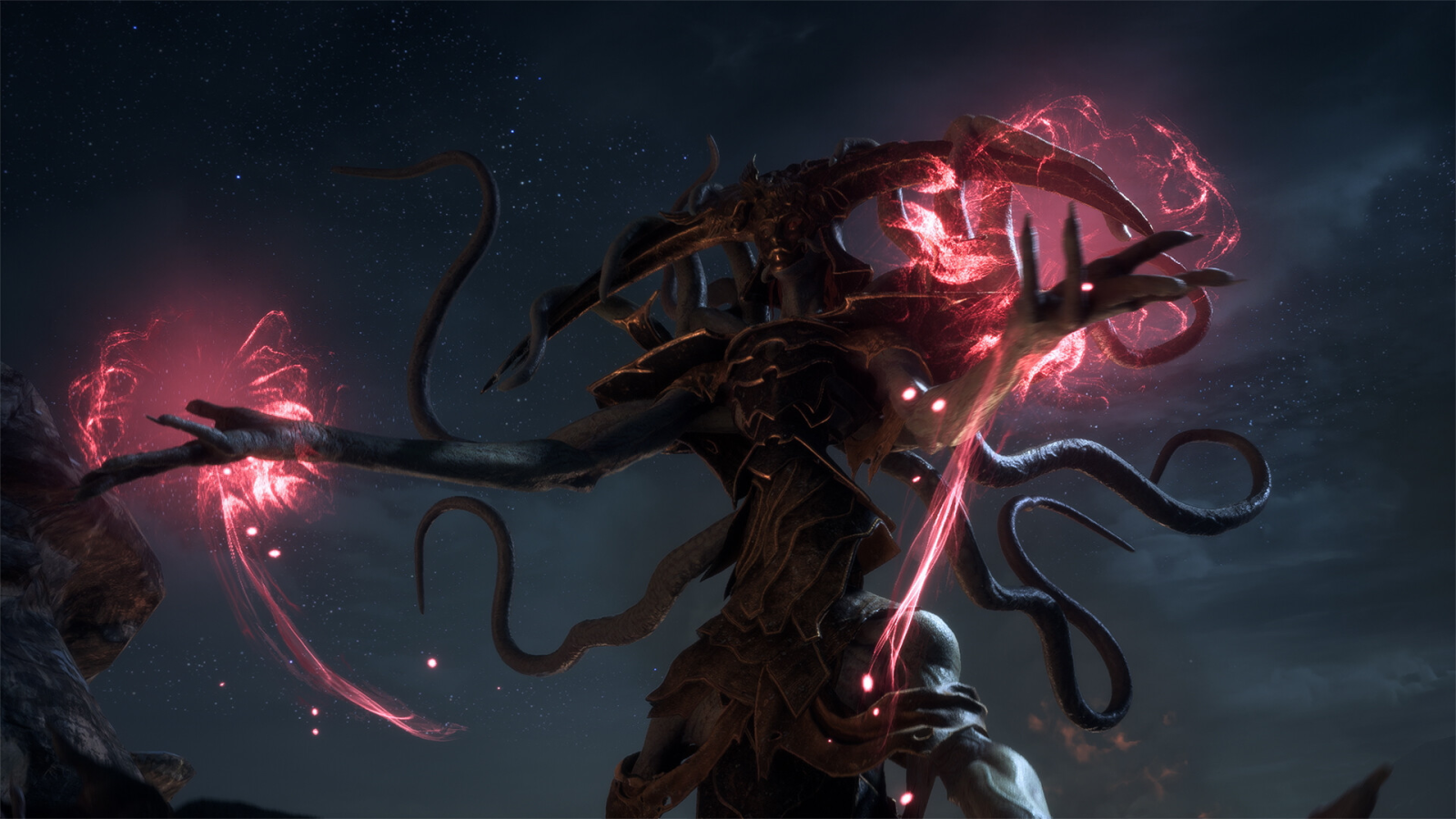
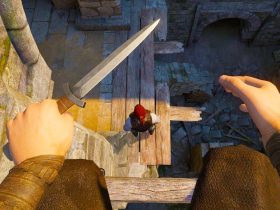
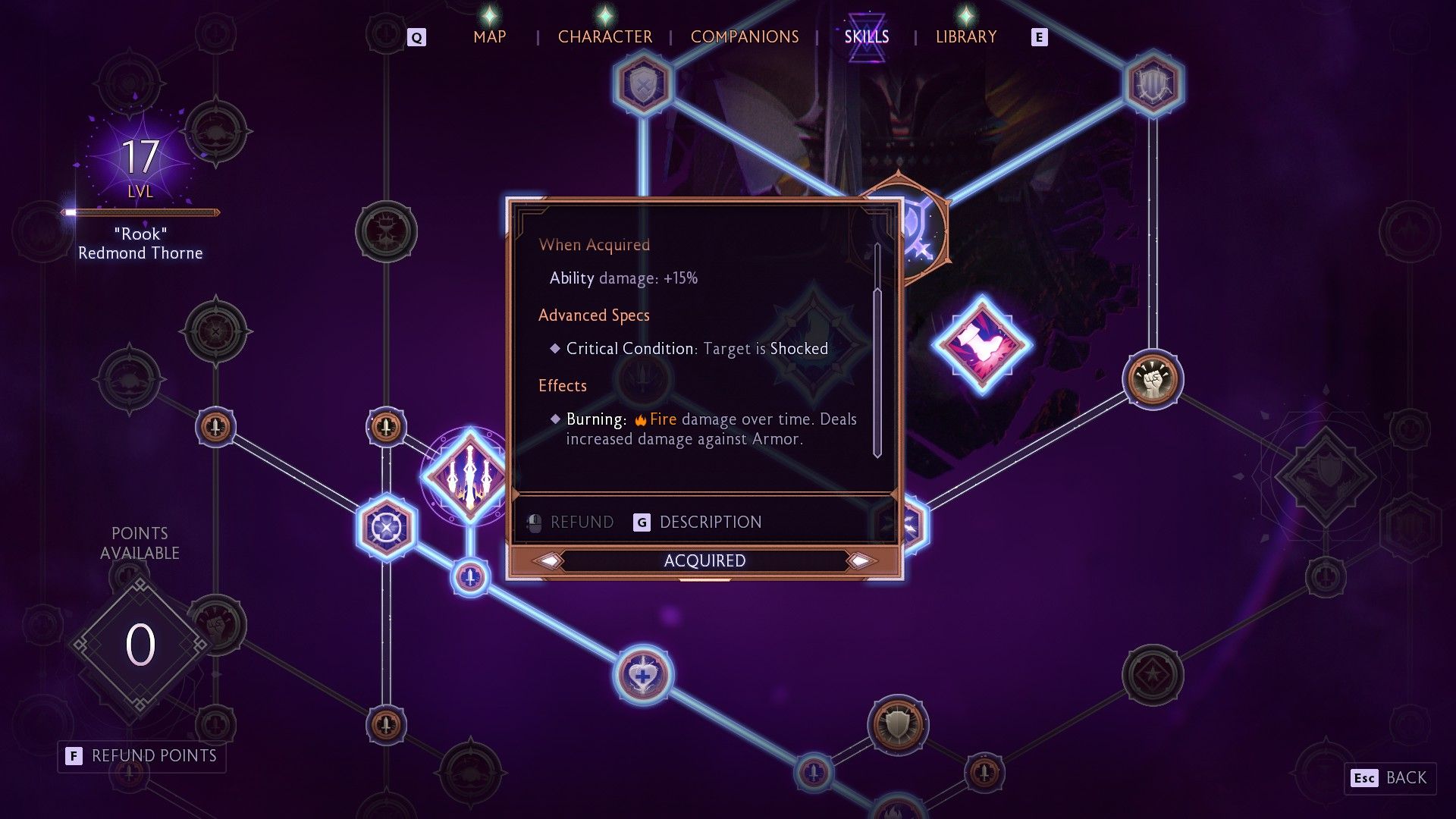
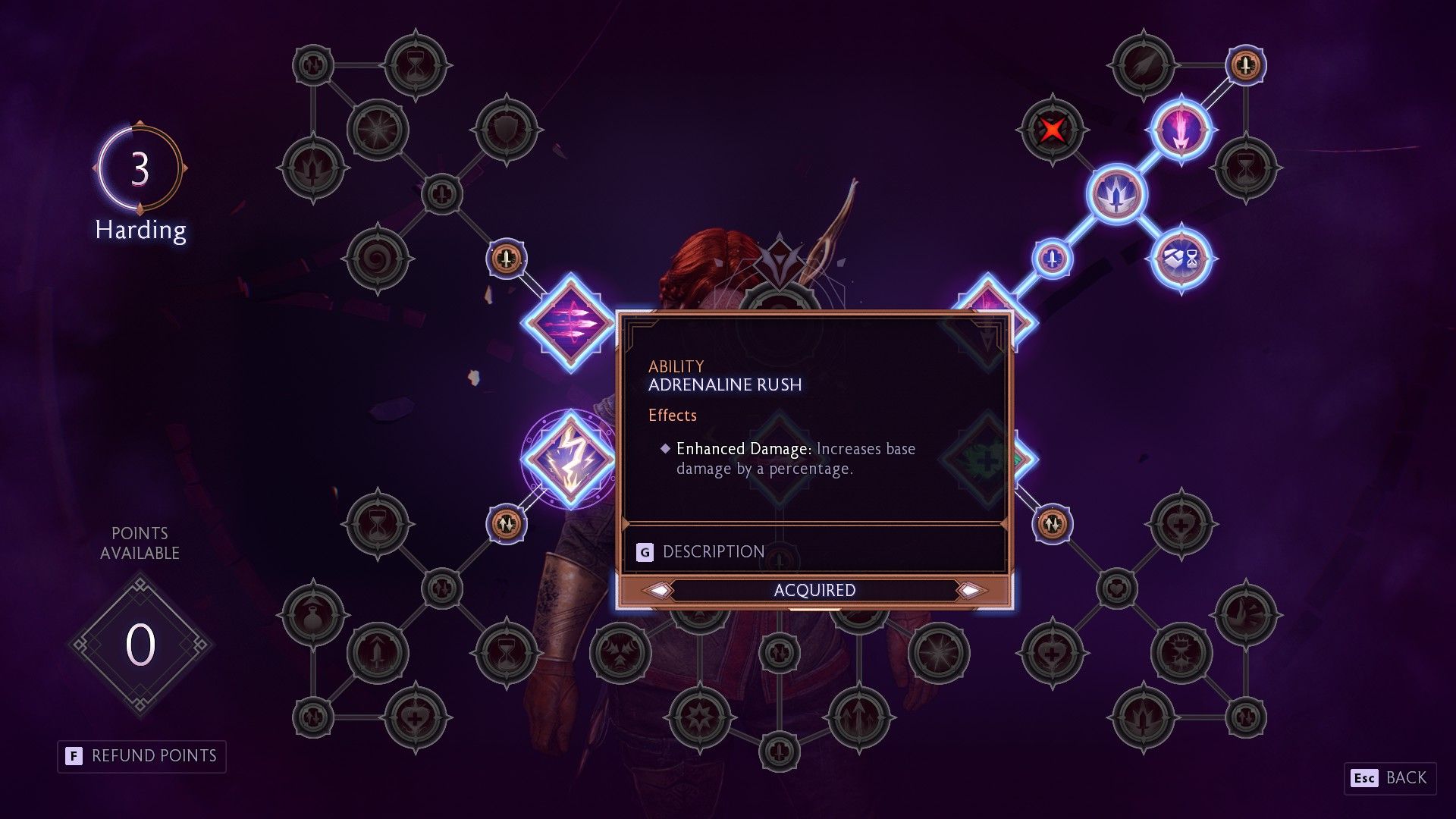


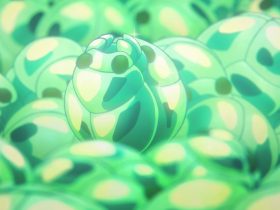





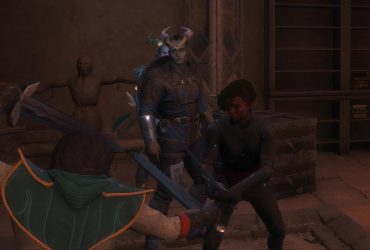


Leave a Reply